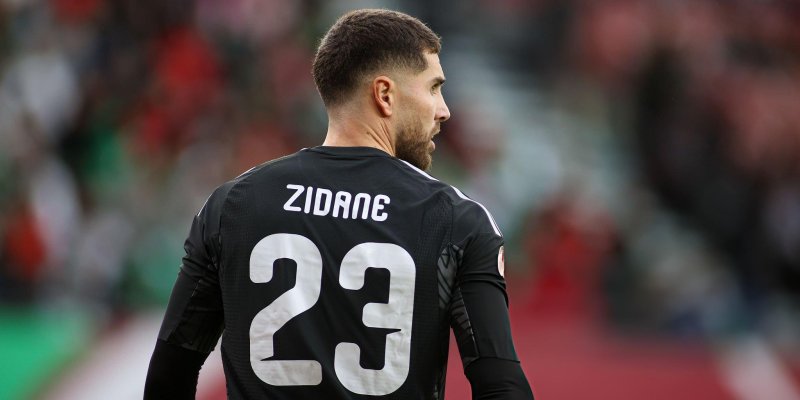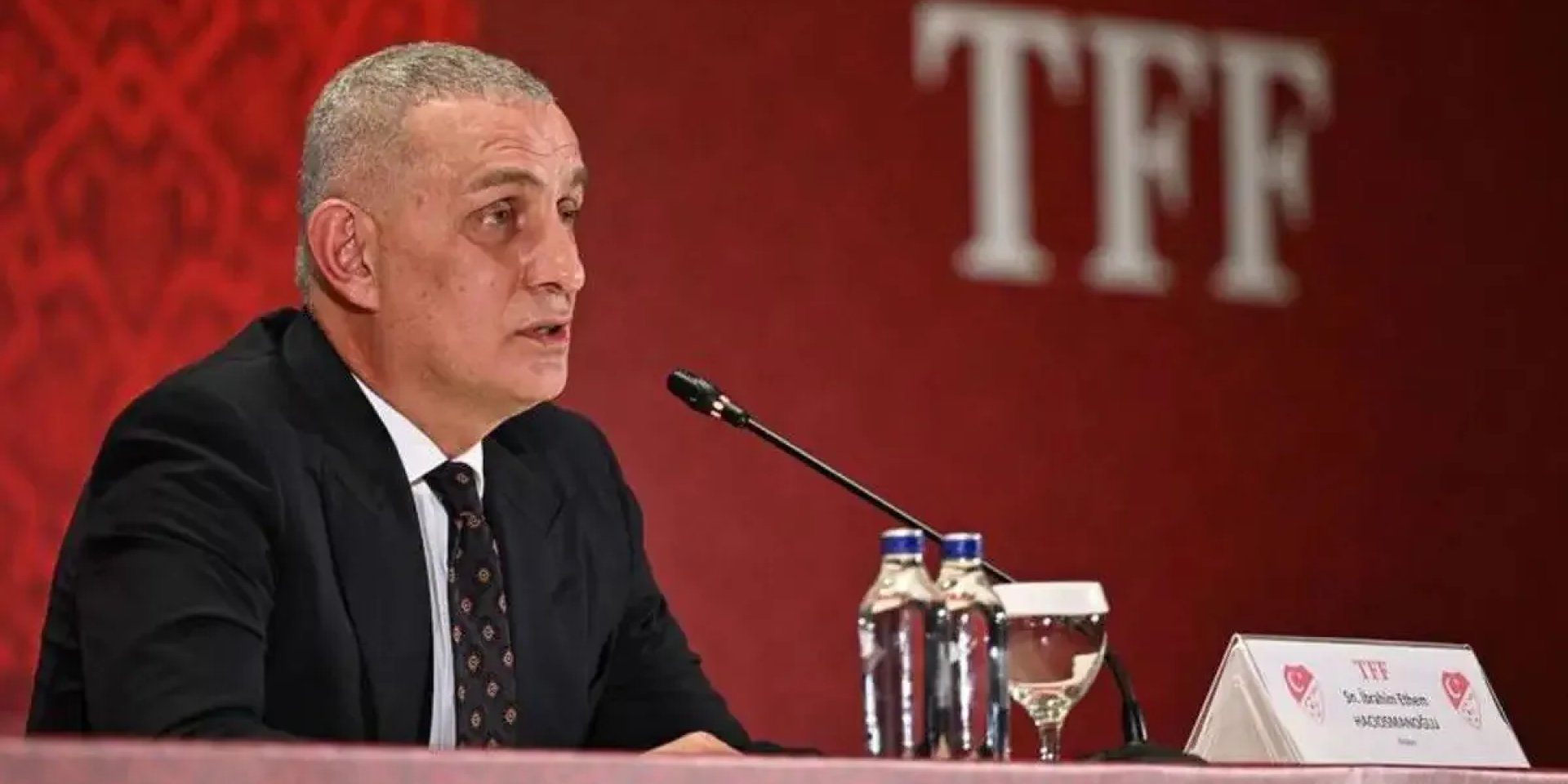
Turkish football was hit by a wave of tough law-enforcement actions: amid an investigation into match-fixing and illegal betting, police conducted simultaneous raids in 12 cities, including Istanbul. Under prosecutorial warrants, 21 people were detained — among them 17 active football referees and two club presidents. The story drew wide resonance because it coincided with an ongoing overhaul of the refereeing corps and exposed systemic problems with regulatory compliance.
Raids in 12 Cities: Who Was Detained and Why
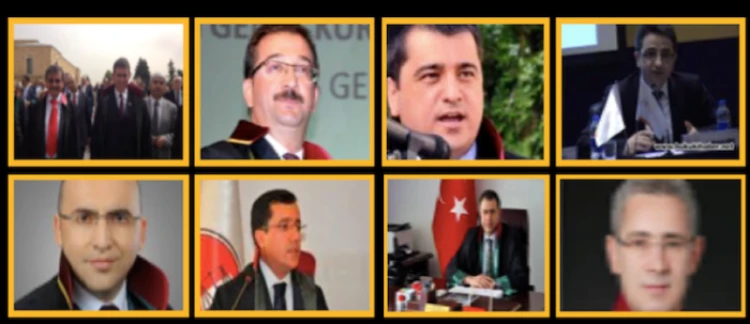
The investigation examines episodes related to possible influence on match outcomes and participation in illegal betting schemes. Formally, it concerns a set of offenses against sporting integrity — from corrupt arrangements to abuse of office by referees. The scale of the operation indicates this is not about isolated incidents but a potentially organized network.
TFF’s Internal X-Ray: Numbers That Chill the Stadium
Even before the police raids, the Turkish Football Federation carried out its own review of the refereeing pool. The results were shocking: about 65% of active referees had accounts with bookmakers, and roughly a quarter of them (152 referees) regularly placed sports bets. Such a conflict of interest is incompatible with the basic principles of referee neutrality.
Discipline Without Leniency: Mass Suspensions and Record Activity
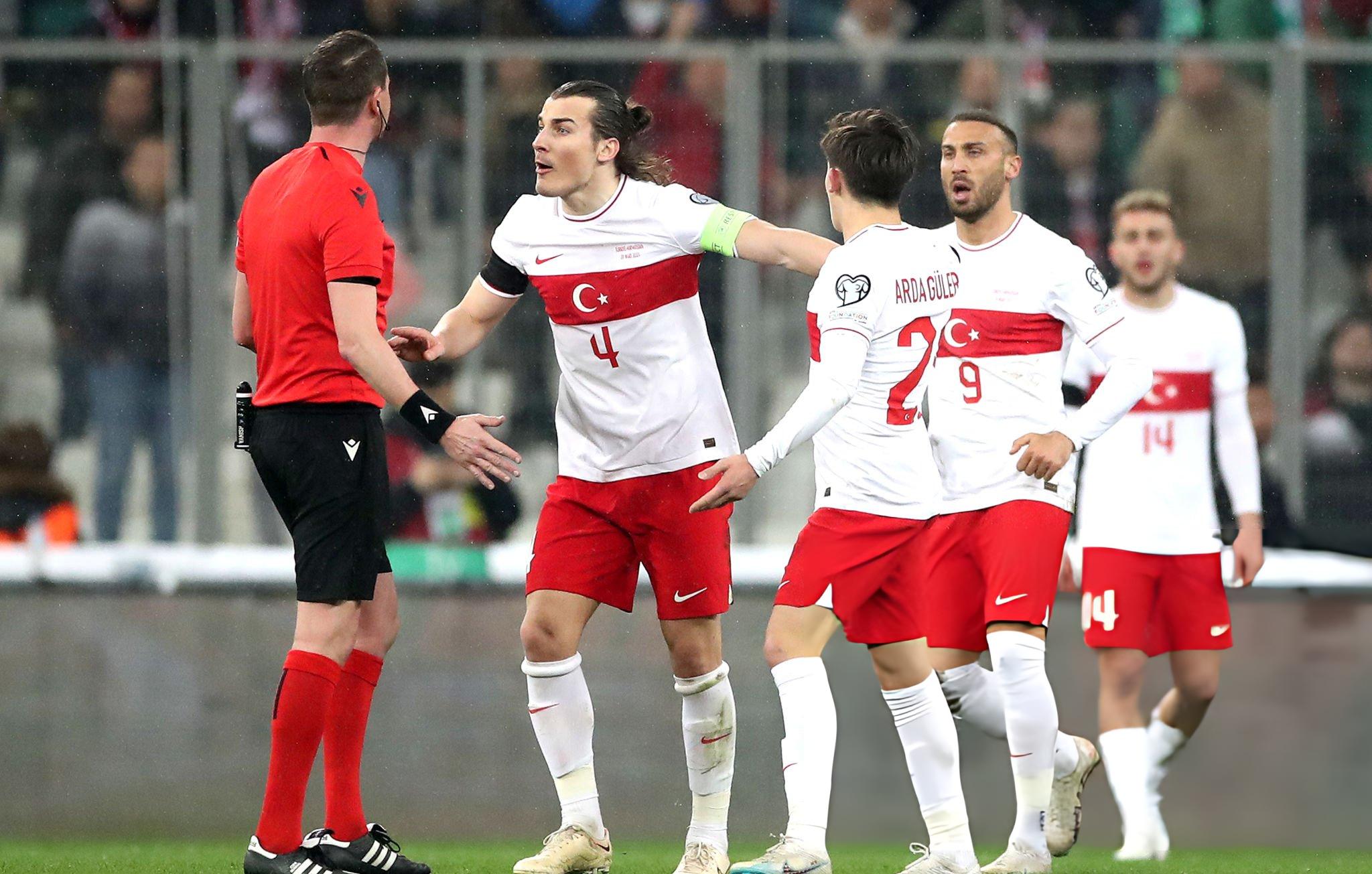
Following the TFF audit, 149 referees were suspended from officiating for periods ranging from 8 to 12 months. Some cases are striking in scale: one referee was found to have made 18,227 bets, and another 42 referees each bet on at least 1,000 football matches. These figures underscored that the problem is not limited to a few violators — a whole “risk funnel” had formed around compliance.
FIFA/UEFA Regulations: Zero Tolerance for Betting
International rules interpret referee participation in betting unambiguously: any betting is prohibited, regardless of sport, tournament, or amount. A referee must maintain absolute independence and avoid even the appearance of a conflict of interest. Violating this principle undermines confidence in results and harms the entire competitive ecosystem — from players to fans and league partners.
Quality of Officiating and the Market: A Domino Effect for the Season
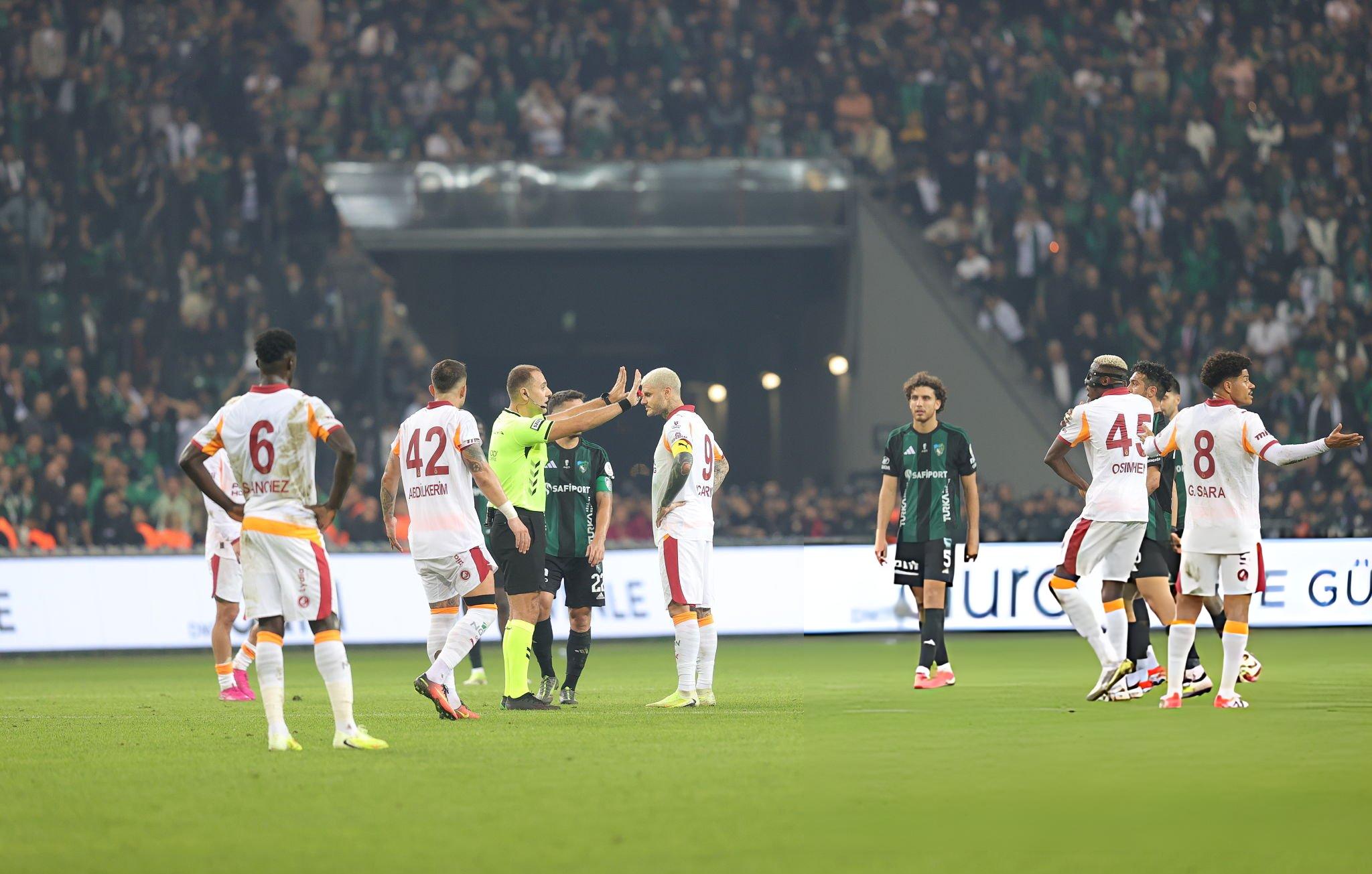
The scandal inevitably affects fixture planning and match appointments. The federation is forced to rapidly redistribute crews, accelerate the training of backup referees, and tighten VAR control protocols. In the betting market, operators and partners are revising monitoring models, while league analytics units are raising anomaly thresholds across pre-match lines and live markets. Reputational losses here are as dangerous as financial ones.
What Comes Next: Tough Compliance and Transparent Appointments
Deeper checks of referees’ assets and transactions are expected, along with mandatory anti-corruption training and the introduction of digital tracking for potential conflicts of interest. On the agenda are stricter referee certification, public reports on crew appointments, and expanded cooperation with law enforcement and betting regulators for real-time data sharing.
Trust in the Game Is Worth More Than the Odds
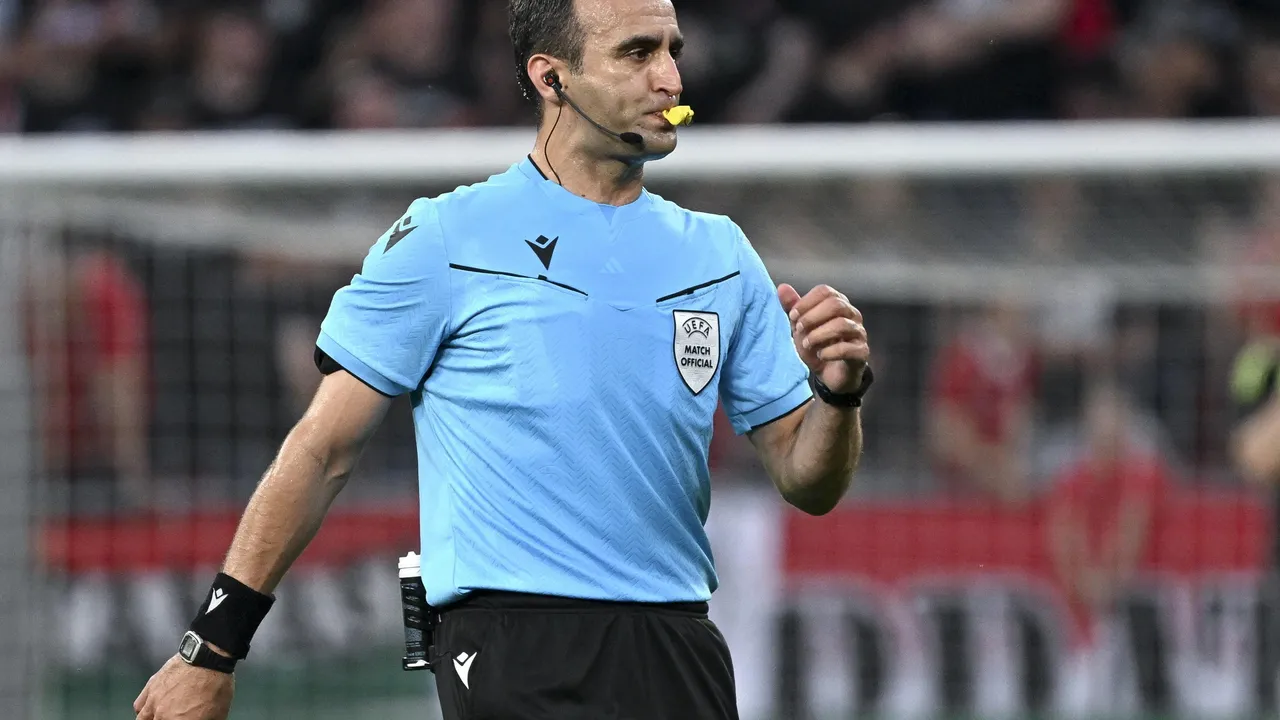
The episode of arrests and mass disqualifications is a painful but necessary shock to the entire system. Football lives on trust — in the referee, in the result, in fair competition. The faster the federation and clubs close the regulatory “gaps,” the sooner the sense of justice will return — the very feeling that brings a fan to the stands and a player onto the pitch not for a share of a bet, but for victory.

